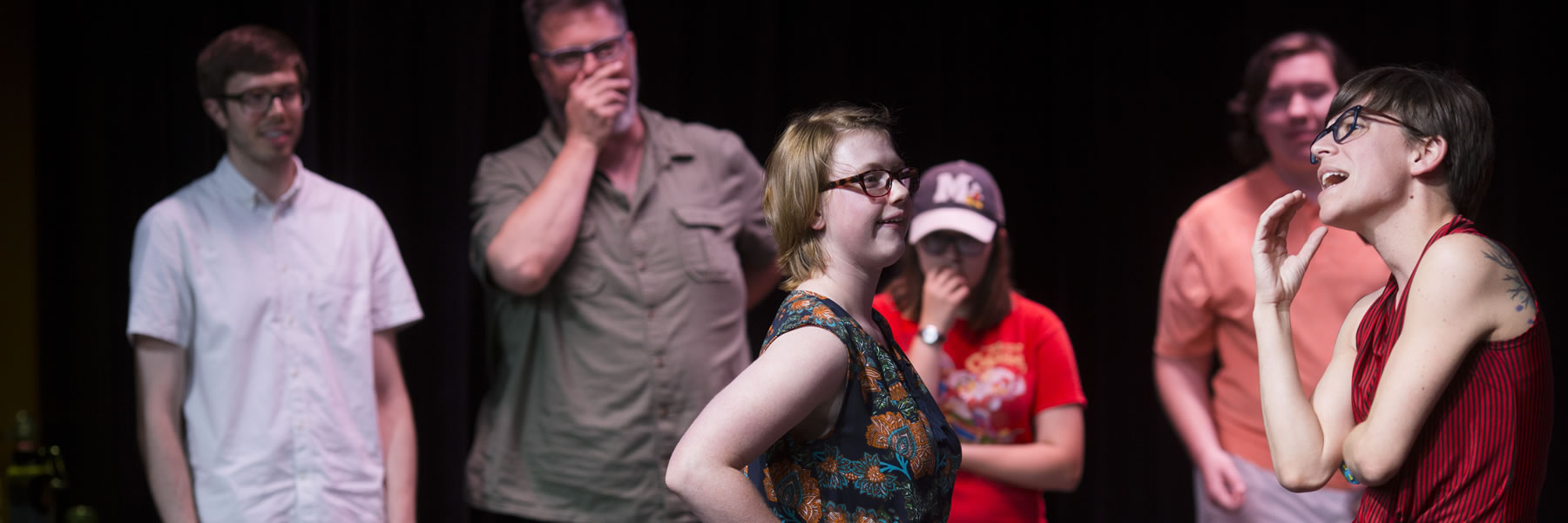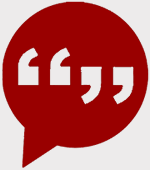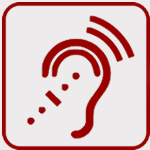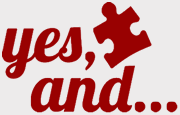Transforming Teaching and Learning Through the Power of "Yes And"
Improv is a technology for human connection.
Many of the improv games and exercises we play today were developed by the mother of improvisational theater, Viola Spolin, who wanted to create teaching methods that could cross cultural barriers. At its core,
Improv builds critical skills.
In the US, nearly 40% of students with disabilities don’t graduate high school, and more than 50% of youth on the autism spectrum don’t participate in post-secondary employment or education. Strengthening communication and social skills is a critical piece of changing this picture. Improv shows great promise as a method for developing social communication skills in a safe, supportive, and creative environment.
Improv creates optimal conditions for learning.
Communication and social interaction are “ecological” phenomena – they’re things that happen between people. Individual skills matter, but what may matter even more is creating the right conditions for learning. When educators create learning environments that reinforce listening, accepting, supporting, taking risks, and letting go of mistakes, magic happens. Youth on the spectrum do things that no one – sometimes not even themselves – thought was possible.
Improv is fun!
Too often, students find social skills instruction to be dull, dated, or cheesy. And the last thing educators need is another scripted, one-size-fits-all program. What if teaching and learning looked more like this?







